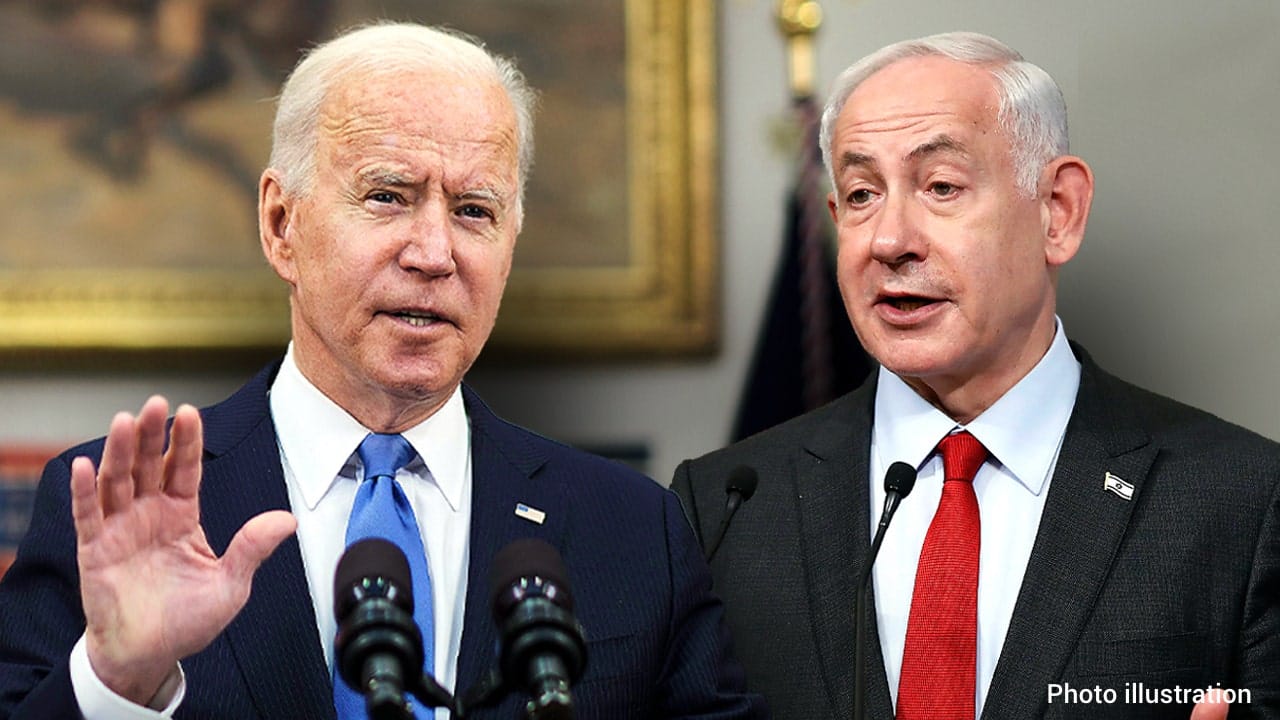In a significant diplomatic engagement, President Joe Biden and Israeli Prime Minister Benjamin Netanyahu convened to discuss the latest developments in the ongoing efforts to broker a ceasefire between Israel and Hamas. This meeting comes amid escalating tensions and violence in the region, which have resulted in a humanitarian crisis affecting countless civilians.
The discussions between Biden and Netanyahu were characterized by a mutual recognition of the urgent need for a ceasefire. Both leaders acknowledged the devastating impact of the conflict on the civilian population, particularly in Gaza, where infrastructure has been severely damaged, and access to essential services has been compromised. The humanitarian situation has drawn international concern, prompting calls for immediate action to alleviate the suffering of those caught in the crossfire.
During the meeting, President Biden reiterated the United States’ commitment to Israel’s right to defend itself while also emphasizing the importance of protecting civilian lives. He expressed the need for a balanced approach that addresses both security concerns and humanitarian needs. The President’s remarks underscored the U.S. position that a sustainable peace can only be achieved through dialogue and cooperation among all parties involved.
Prime Minister Netanyahu, for his part, outlined Israel’s perspective on the conflict, highlighting the threats posed by Hamas and the necessity of ensuring Israel’s security. He acknowledged the toll the conflict has taken on civilians in both Israel and Gaza and expressed a willingness to explore avenues for a ceasefire that would allow for humanitarian aid to reach those in need. Netanyahu’s government has faced pressure from various quarters to find a resolution that would halt the violence and restore stability to the region.
The discussions also touched upon the role of international partners in facilitating a ceasefire. Both leaders recognized that achieving a lasting resolution would require collaboration with regional allies and international organizations. The United States has historically played a pivotal role in mediating peace efforts in the Middle East, and Biden’s administration is expected to leverage its influence to encourage dialogue between the conflicting parties.
In addition to addressing the immediate need for a ceasefire, the talks also explored longer-term strategies for peace in the region. Biden and Netanyahu discussed the importance of addressing the underlying issues that have fueled the conflict, including economic disparities, political grievances, and the need for a viable two-state solution. Both leaders acknowledged that a comprehensive approach would be necessary to ensure lasting peace and stability in the region.
The meeting between Biden and Netanyahu is part of a broader diplomatic effort involving multiple stakeholders, including the United Nations and various Arab nations. The international community has been closely monitoring the situation, with many countries calling for an end to hostilities and the establishment of humanitarian corridors to facilitate aid delivery.
As the discussions unfolded, there were indications that both leaders were open to the idea of involving additional parties in the negotiations. This could include regional powers that have influence over Hamas, as well as international organizations that can provide humanitarian assistance and support for reconstruction efforts in Gaza.
The humanitarian crisis resulting from the conflict has prompted widespread condemnation and calls for action from various human rights organizations. Reports of civilian casualties and the destruction of homes and infrastructure have raised alarms about the need for immediate intervention. The Biden administration has faced pressure from lawmakers and advocacy groups to take a more active role in pushing for a ceasefire and ensuring that humanitarian aid reaches those in need.
In conclusion, the discussions between President Biden and Prime Minister Netanyahu represent a critical step in the ongoing efforts to achieve a ceasefire between Israel and Hamas. Both leaders have expressed a commitment to finding a resolution that addresses the humanitarian crisis while ensuring the security of Israel. The path to peace remains complex, but the dialogue initiated in this meeting may pave the way for further negotiations and a potential end to the violence that has plagued the region.



